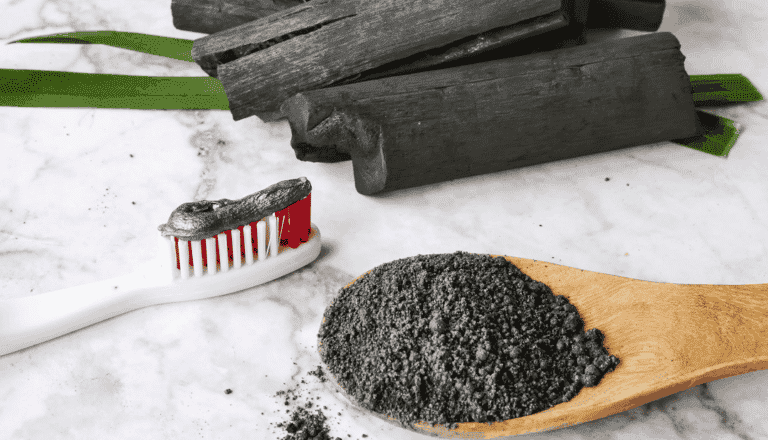Cleaning Teeth with Charcoal: A Natural Way to Achieve a Brighter Smile

What is Activated Charcoal?
Activated charcoal is a fine black powder made from carbon-rich materials, such as coconut shells or wood. It is heated at high temperatures to create a porous surface, which gives it its unique ability to absorb toxins and impurities. Activated charcoal is commonly used in medicine and is known for its ability to treat poisoning and overdose.
How Does Charcoal Whiten Teeth?
Charcoal's adsorbent properties make it an effective teeth whitener. It works by binding to stains and toxins on the teeth, including those caused by coffee, tea, wine, and tobacco. When activated charcoal is applied to the teeth, it absorbs these compounds, leaving the teeth looking brighter and cleaner.
How to Use Charcoal for Teeth Whitening?
To use charcoal for teeth whitening, you'll need to purchase activated charcoal powder or charcoal-infused toothpaste. Here are the steps to follow:
- Wet your toothbrush and dip it into the charcoal powder or apply charcoal toothpaste to the bristles.
- Brush your teeth for 2-3 minutes, making sure to cover all surfaces of your teeth.
- Spit out the charcoal and rinse your mouth thoroughly with water.
- Use once a week to maintain a brighter smile.
Benefits of Using Charcoal for Teeth Whitening
There are many benefits to using charcoal for teeth whitening, including:
- Natural and chemical-free
- Effective at removing stains
- Safe for most people to use
Drawbacks of Using Charcoal for Teeth Whitening
While charcoal is generally safe to use, there are some potential drawbacks to be aware of:
- Can be messy and stain clothing and surfaces
- May cause sensitivity in some people
- Not recommended for use on porcelain or composite dental restorations
FAQs
Q: Is charcoal safe for teeth?
A: Yes, charcoal is generally safe for teeth. However, it should be used in moderation and not every day. Overuse can cause sensitivity and damage to enamel.
Q: Can I use charcoal on dental restorations?
A: No, charcoal is not recommended for use on porcelain or composite dental restorations, as it can cause discoloration.
Q: How often should I use charcoal for teeth whitening?
A: It's recommended to use charcoal once a week to maintain a brighter smile.
Q: Are there any side effects of using charcoal for teeth whitening?
A: Some people may experience sensitivity or gum irritation when using charcoal, but these side effects are usually mild and temporary.
Conclusion
Using activated charcoal for teeth whitening is a natural and effective way to achieve a brighter smile. While there are some potential drawbacks to using charcoal, it is generally safe for most people to use in moderation. By following the tips and recommendations in this article, you can safely and effectively incorporate charcoal into your dental care routine.
